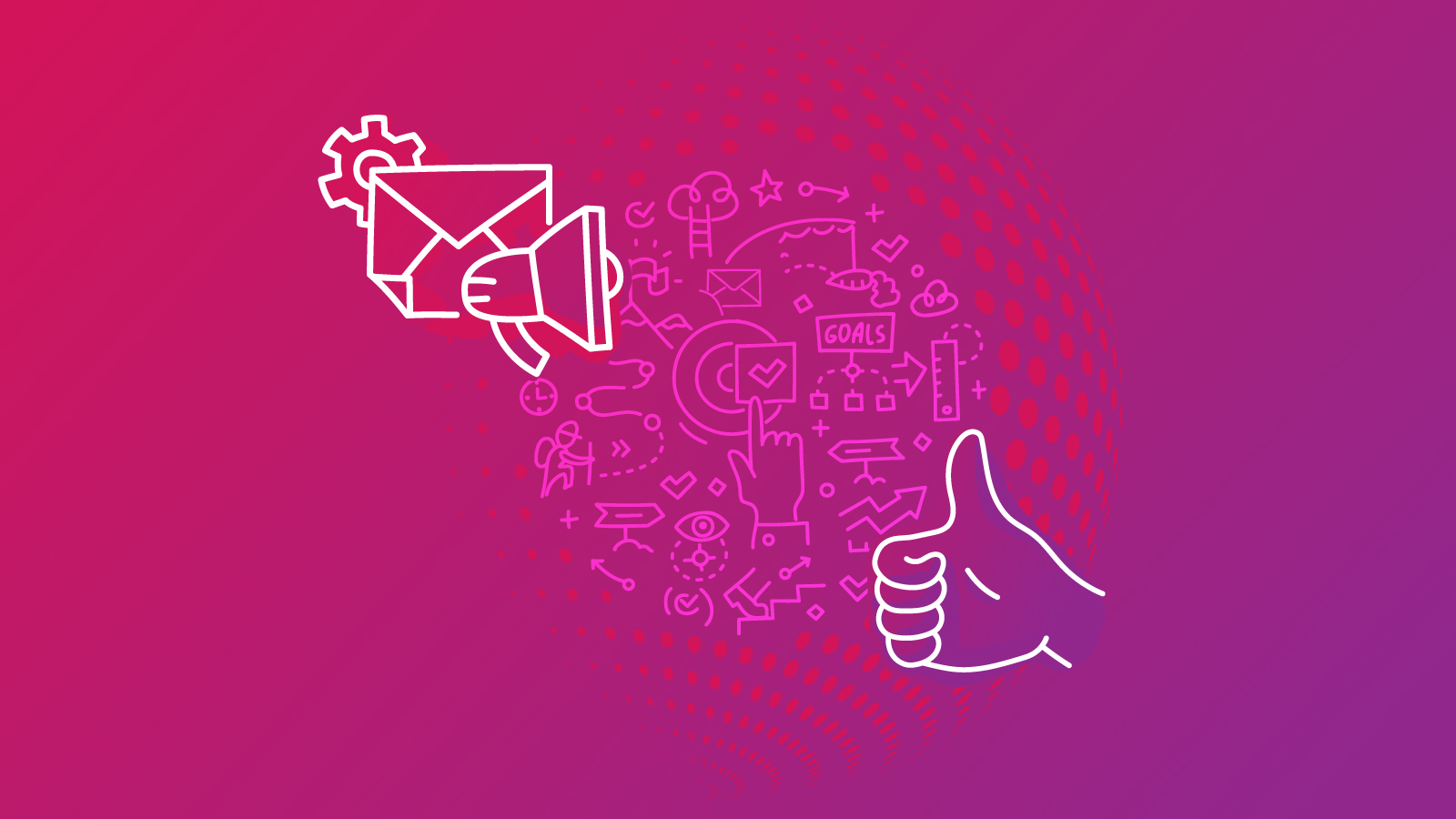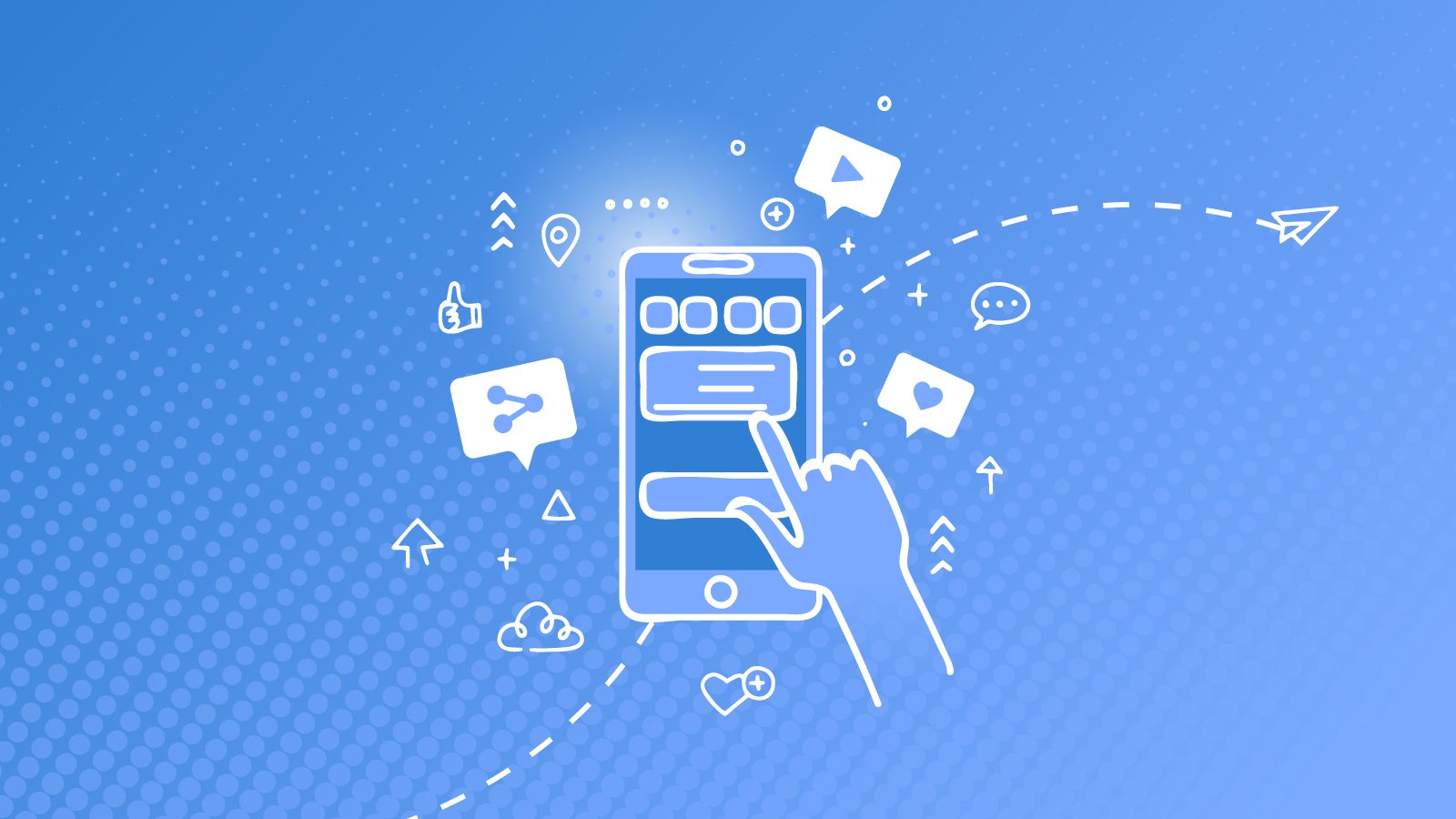Marketing has gradually seen a progressive shift away from intrusive, interruption methods towards permission-based marketing.
In recent years this has culminated in what is known as modern marketing, which uses data and automation to create highly personalised and commercially effective marketing campaigns. But what’s the difference between interruption marketing and permission-based marketing?
What is Interruption Marketing?
Interruption marketing is a type of marketing that relies on interrupting consumers in order to get their attention. This can be done in a number of ways, such as through ads that pop up while someone is trying to use a website, or through TV commercials that play during breaks in programming.
Interruption marketing can be effective in getting people's attention, but it can also be seen as intrusive and annoying. It's important to strike a balance when using this type of marketing, and to make sure that the content of the message is relevant and interesting enough to warrant the interruption.
Benefits of interruption marketing:
- It's an effective way to reach a large audience.
- It can be used to target specific demographics.
- It's a great way to build brand awareness and create top-of-mind recall.
- It can drive impulse purchases.
When used wisely, it can be a powerful tool for driving sales and increasing brand awareness.
Potential downsides.
First, it can be very intrusive and disruptive, which can alienate potential customers and cause them to tune out your message. Additionally, interruption marketing is often less effective than other types of marketing, such as permission-based marketing, which allows customers to opt in to receiving communications from you. Finally, interruption marketing can be quite expensive, particularly if you use paid advertising methods like television commercials or pop-up ads.
What is Permission-based Marketing?
Permission marketing is a form of marketing in which businesses request permission from customers or prospects to send them marketing communications. It is a way of building relationships with customers or potential customers, and it can be an effective way to increase sales and grow a business.
This can be done in a variety of ways, including through opt-in email lists, subscription confirmations, and cookies. Permission marketing is an effective way to build relationships with customers or clients, as it allows businesses to send tailored communications that are relevant to the individual. It also helps to create a sense of loyalty and trust between the company and the customer.
In order to receive permission from someone to send them marketing communications, businesses must offer something of value in exchange for that permission. This could be a discount on products or services, access to exclusive content, or simply the promise of informative and helpful communications.
Once permission is granted, businesses can then use various channels to communicate with their audience, such as email, direct mail, social media, or even SMS. The key is to make sure that the communications are relevant and valuable, and that they provide an easy way for recipients to opt out if they no longer want to receive them.
Permission marketing can be a great way to build relationships with customers and grow a business. However, it’s important to make sure that you are offering something of value in exchange for permission, and that your communications are relevant and valuable. Otherwise, you run the risk of annoying or even angering your audience, which could result in them opting out of your communications altogether.
Benefits of permission marketing.
One benefit is that it allows companies to target their marketing efforts more effectively. By obtaining permission from customers, companies can make sure that they are only sending communications to people who are interested in receiving them. This can save the company time and money by preventing the need to send mass communications to people who are not likely to be interested in the products or services being offered.
Another benefit of permission marketing is that it can help to create a more favorable impression of the company. When customers give their permission to receive marketing communications, they are effectively saying that they trust the company and believe that it has something valuable to offer them. This can lead to increased customer loyalty and ultimately result in more sales.
Finally, permission marketing can help to increase the response rate to marketing efforts. Because customers have already given their consent to receive communications, they are more likely to actually read and respond to them. This can lead to a higher return on investment for the company, as well as a more successful marketing campaign overall.
One of the main benefits of permission marketing is that it is cost effective. Because businesses are only communicating with those who have already expressed an interest in their products or services, they can avoid wasting time and money on outreach to uninterested parties.
Cons of permission marketing.
Permission marketing can be very slow to produce results. This is because you're essentially starting from scratch each time you launch a new campaign. You have to build up your list of subscribers, and then hope that they're interested in what you have to say.
Summary
Interruption marketing is often seen as more intrusive and less effective than permission marketing, since it doesn't take into account the consumer's needs or wants. Permission marketing, on the other hand, is considered to be more respectful and more likely to result in a positive response from the consumer. In addition, permission marketing usually costs less than interruption marketing, since businesses don't have to pay to reach out to consumers who haven't expressed an interest in their product or service.
If you're looking for a more effective and efficient way to market your business, permission marketing may be the right choice for you. By only reaching out to those who have already given you permission to do so, you can save money and time while still getting your message across.
If you’re ready to kickstart your marketing using a value-based selling strategy, or you have any questions at all about the process, get in touch with us today - we’re always happy to help.




